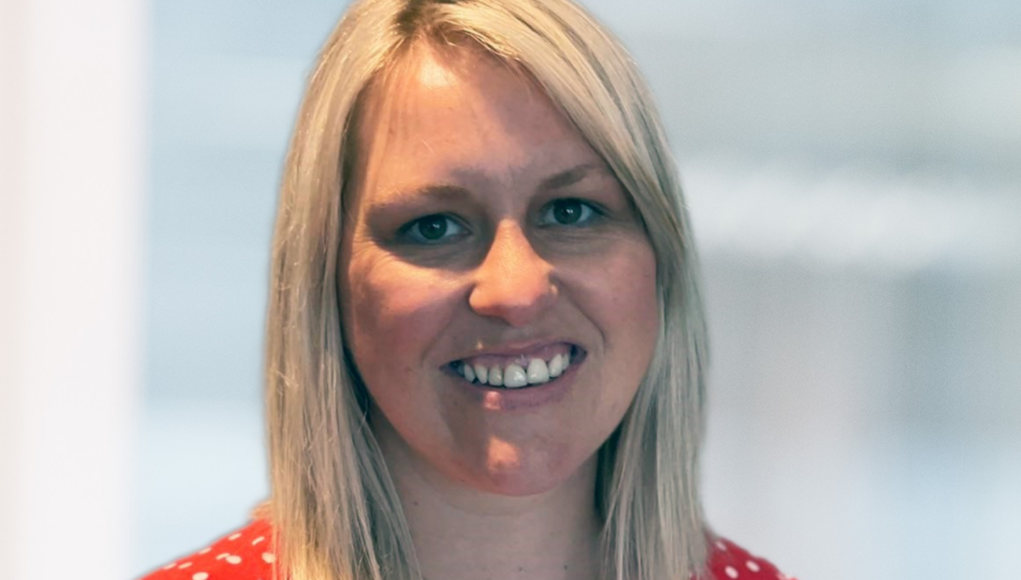With more than 10 years’ experience in marketing for B2B tech and software businesses, Louise has
certainly found her niche. Appointed as Tiger’s marketing manager less than a year ago, she has
already made her mark.
Q: Your first marketing job:
Q: How did you get into Channel marketing:
It’s a natural component of my role at Tiger – collaborating with partners is a key go-to-market
(GTM) strategy for us.
Q: Why Channel marketing?
Q: Best day in the job?
Launching Tiger’s new brand and seeing how proud everyone in the business is of the content and
materials we produce as part of our PR and marketing strategy.
More recently I’ve been interviewing customers to learn about how they use our technology to solve
their data challenges. We have some fantastic people – spanning sectors such as education and
insurance – using our products in all sorts of ways, so I’m always buzzing when I’ve completed a
customer interview.
Q: Biggest change in the industry since you started your career?
Q: You are a senior female executives in the Channel, has that created any challenges?
Not yet!
Q: What has been your most successful campaign?
In today’s multichannel, multi-touchpoint environment I think it can be challenging for marketers
to pinpoint results to a single campaign. I find that integrated campaigns which carry a strong, single
message are the most effective – especially when the message has been tailored for key personas to
increase its relevance. I’ve also seen first-hand that people buy from people – so you can’t beat
campaigns which allow our teams to build relationships and showcase what we’re all about.
At the beginning of this year, Tiger launched analytics and reporting for Microsoft Teams. The
marketing campaign featured a range of content including video, webinars, brochures, and web.
We’ve taken it to market with partners and customers as well as directly via a range of digital
channels. This approach continues to result in sales pipeline growth, delivering strong ROI against
the campaign investment. There’s always scope to deliver more though, and that’s what makes
marketing and sales environments so exciting.
Q: Tomorrow’s World – what are your predictions for the future of channel marketing?
It feels like a challenging time to make predictions, who could have seen a global pandemic on the
horizon?! If it’s taught me anything, it’s to be agile and adapt to an ever-changing landscape. The
‘next normal’ is still a work in progress and this could impact demand in the market – good or bad,
depending on the product category you’re playing in.
I’ve had conversations with fellow marketers recently about ‘going back to basics’ and making sure
the fundamentals of marketing are strong, focusing on the right message, person, and time, and
balancing both long-term strategies and short-term tactics.
All businesses – channel or otherwise – will need to continue to show the value of their solutions
and services to differentiate themselves from their competition. Data and management information
is key to supporting buyers to maximise their investments and future-proof decisions. I believe the
role of marketing within this is to support the complete buying journey with relevant messages that
help people see how you can make a difference to their (working) lives.
Q: Then and Now – what is the one thing you wish you knew back then?
There’s a perception that marketing is just words and colours – how many times are we referred
to as the ‘colouring in’ department?! While it remains a creative industry, there’s so much more to
marketing — especially in the B2B tech area. In recent years I’ve seen a strong focus on MarTech
such as marketing automation and SEO tools as well as data — not only from an outreach
perspective, but in terms of using data to drive the marketing strategy. I think this is an important
thing for anyone wanting to pursue a career in the industry to understand so that they can pick out
the areas they want to specialise in.








